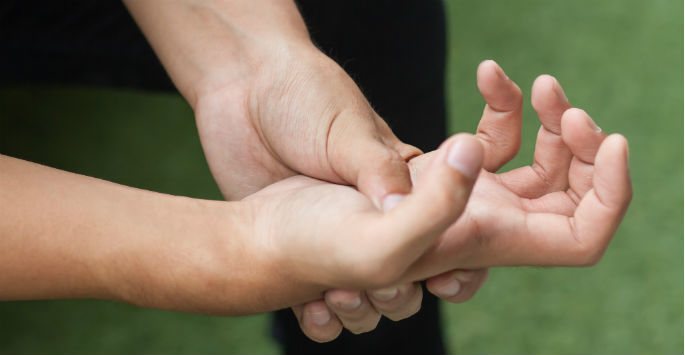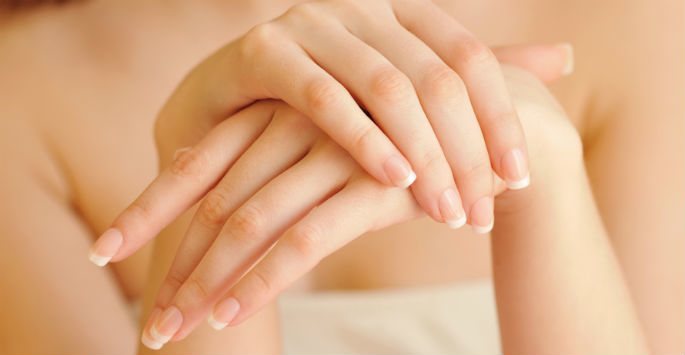Arthritis doesn’t describe a single disease; it actually describes a group of joint diseases. There are over 100 types, and many are characterized by pain and stiffness in the joints. Some types affect other parts of the body like the skin, eyes or even the heart.
What is Osteoarthritis?
Osteoarthritis is the most common type. The symptoms can vary depending on which joints are affected and on the severity of the disease. It most commonly affects the joints in the arms, legs, lower back and hips.
Pain, stiffness and tenderness are the earliest symptoms of osteoarthritis. In the early stages of the condition, the symptoms tend to be worse when the patient is physically active. They then fade when the patient rests. As the disease progresses, the symptoms persist even when the patient is resting.
What is Rheumatoid Arthritis?
This is another common type, and it is caused by an autoimmune disorder that attacks the joints. Rheumatoid arthritis most commonly affects the knees, elbows, hips, shoulders, hands and feet. In its early stages, it resembles other types of arthritis. Unfortunately, the disease’s most characteristic symptoms, like the formation of nodules or the erosion of joints, don’t develop until the disease is fairly advanced.
Rheumatoid arthritis usually affects the smaller joints first, so patients will usually feel pain and stiffness in their hands before their shoulders are affected. Wrist joints are often among the first to be affected, so a patient has trouble bending their wrist backwards even during the early stages of the disease. The patient will also often feel tingling and numbness in their hands and/or fingers. Other early symptoms of rheumatoid arthritis include fatigue, weight loss and a low-grade fever.
Other Types of Arthritis
Some of the other types, as well as conditions that can be related to the disease, include:
- Metacarpophalangeal joint
- Thumb basal joint
- Kienbock’s Disease
- Psoriatic
- Joint replacement surgery
Treatment Options
If you are dealing with this troubling condition, take a moment to get in touch with the team at Arora Hand Surgery. There are treatments available that can help to alleviate your symptoms. We have offices in West Bloomfield, Howell, Macomb, and Warren. Contact us today to schedule a consultation to learn about your treatment options.
















